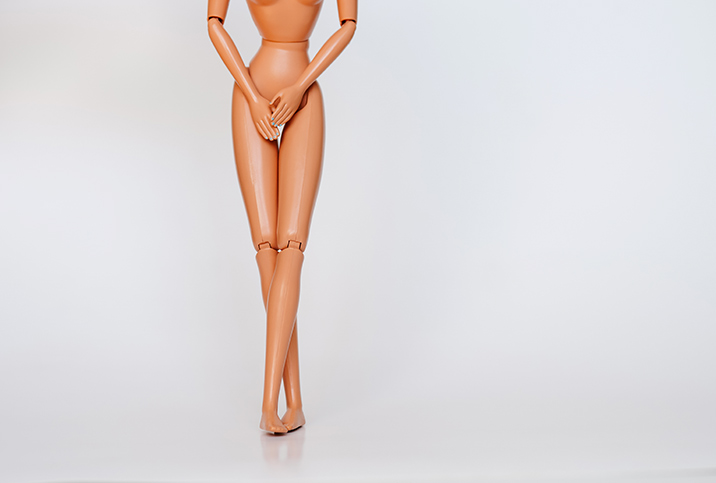What’s Causing My UTIs?

Anyone who has experienced a urinary tract infection (UTI) knows they suck. They’re common in men but particularly so in women, with a variety of very unpleasant symptoms: a burning sensation when peeing, peeing more frequently, a constant urge to go but only getting a few drops out, lower-abdominal or pelvic pain, and foul-smelling and/or cloudy urine. It’s not fun.
UTIs are more than just physically uncomfortable; most people find them awkward to talk about, too. It can be embarrassing to admit to friends that you feel like you have to pee every 10 minutes or to explain to a partner why you might not be in the mood for sex. The good news is that when you understand the causes of UTIs, you can give yourself the best shot of enjoying your life (including sex) UTI-free.
Common causes of UTIs
It may sound gross, but UTIs are caused by bacteria, primarily from poop, getting into the urethra. This happens more in women than men, because women have a shorter urethra, making it easier for bacteria to make its way to the bladder or kidneys. While some of the common causes for this kind of infection (e.g., pregnancy, urinary catheters, type 2 diabetes and having an enlarged prostate) aren’t things we can control, several common causes are preventable.
Wiping from back to front
Unsurprisingly, wiping from back to front after you go to the toilet can introduce fecal bacteria into the urethra. This is easily avoidable: Make it a practice to always wipe from the front to the back. This is one of the most common and easily avoided causes of UTIs in most women.
Drinking too little water
Not drinking enough water is a common cause of UTIs in both men and women. When you take in less water, there’s less going out and passing through your urethra, which means there is less fluid flushing out bacteria, making it more likely that bacteria will reach your bladder. Avoid this by following dietary recommendations for daily water intake. For most adults, this is around eight glasses, or two liters, of water a day.
Not peeing immediately after sex
What with hot bodies rolling around together, sex is a common opportunity for bacteria from the anus to get introduced to the urethra. This can happen to both men and women and can occur after anal or vaginal sex. Peeing immediately after sex helps flush out bacteria that may have gotten into or around the urethra, thus minimizing risk of a UTI.
Wearing tight clothes and non-breathable underwear
Tight pants, especially when worn with no underwear, and non-breathable underwear also create conditions perfect for UTIs. Any kind of garment, from jeans or leather pants to a thong, teddy or string bikini, can physically trap bacteria in the genital region that can find its way from the anus to the urethra. Also, while your partner may love them, undergarment materials such as satin and lace can create a moist environment that’s perfect for bacteria. Yikes. Your best bet is to opt for breathable cotton underwear, particularly when you know you’ll be in warm weather or working out. Save the sexy stuff for that special occasion.
The takeaway
You can’t control every risk factor for UTIs, but you can practice simple steps to avoid the common causes. And remember, if you do get a UTI, they typically last only 24 to 48 hours after you start treatment. So if you think you have one, call your doctor, who will likely have you come in to provide a urine sample that can be checked for bacteria. If the test is positive, antibiotics are the most common treatment and should clear things up in a few days.
Given the urgency of talking to a doctor and getting your urine tested, telehealth might be the best way to begin. Video visits are a regular part of many physicians' practices, and they're a good way to see a doctor quickly, as many offer same-day appointments. Then, if follow-up is required, you have your foot in the door. Giddy telehealth is an easy-to-use online portal that provides access to hundreds of healthcare professionals whose expertise covers the full scope of medical care.
Hopefully, though, if you follow these tips, you’ll avoid a trip to the doctor altogether.


















